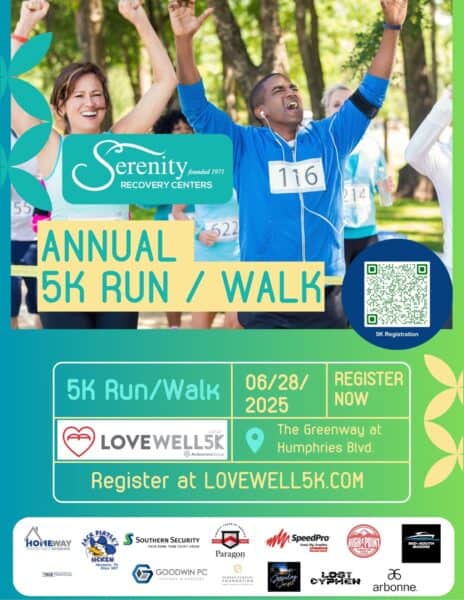An overdose is a life-threatening condition. As a medical emergency, if you suspect someone is overdosing, it is critical to call 911 immediately. Often, minutes matter. If you or a loved one has overdosed, knowing what to do after that can be a bit more challenging. For many men and women with substance abuse, understanding how to get help is the first step.
What to Know About an Overdose
An overdose occurs when the level of toxins from alcohol or drugs reaches a very high level. Often, with opioid overdoses, for example, the amount of the drug taken slows down the function of the brain so much so that the heart stops beating fast enough, and the lungs don’t breathe enough. This leads to a loss of consciousness. Without immediate treatment, a person’s heart may stop, or they may enter a state of a coma.
There are a few things to know about this:
- A person who has had an overdose is at a higher risk of having another one if they do not seek care.
- An overdose can happen with a person’s first use of drugs. It can also happen if a person has used drugs for a long period of time without problems.
- An overdose may indicate a person is battling a substance abuse disorder, especially if they have used drugs for a long time.
- Overdoses damage the function of the brain and may damage the heart and lungs, creating long-term damage.
- A person who has experienced an overdose needs help. They may be battling a chronic disease.
What Can You Do to Help?
After an overdose occurs, many people need to seek professional care from a trusted, skilled treatment center. Look for a location that offers substance abuse and mental health abuse since both conditions are often linked to each other.
Some may benefit from medication-assisted treatment. This allows for medications to be given to help minimize the onset of cravings and withdrawal symptoms, allowing a person to work through their dependency and addiction more effectively. Many people need a helping hand in making the decision to get help. Yet, recovery isn’t possible if they do not take steps to help eliminate drugs and alcohol from their body.
With help, a person can start on the path towards recovery with a bit of support from a residential treatment center. Some outpatient treatment programs can help, too.
Need Help?
Are you or a loved one struggling with alcohol or other drugs? Call us to speak confidentially with a recovery expert now: (901) 521-1131 or visit our website serenityrecovery.org
